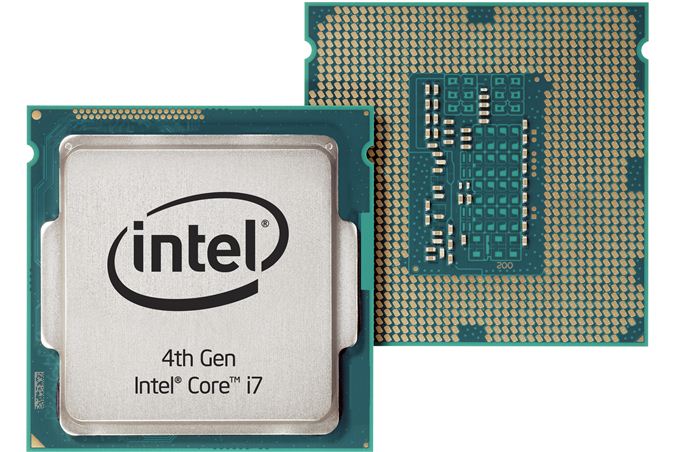Originally posted by plonoma
View Post
Imho if you want efficient encoding you have to do it in hardware. Maybe this hardware could be designed to be more flexible/configurable (without resorting to FPGA blocks).




Leave a comment: